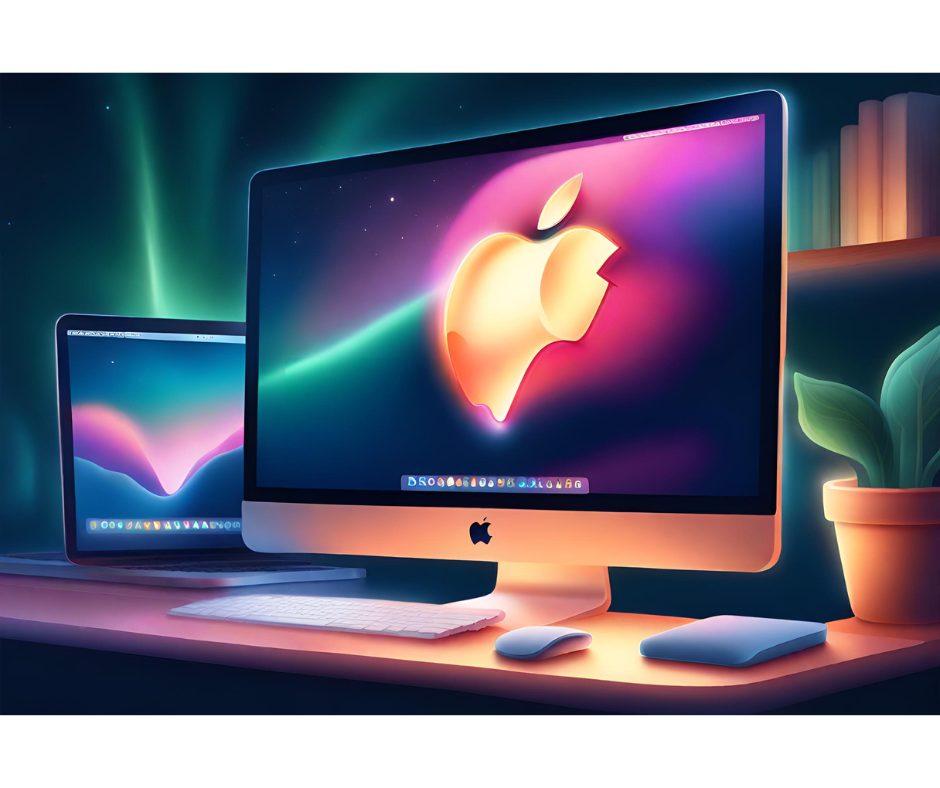There are dozens of other, superior text editors for Windows, though, and many of them are free. This is a fast look at some of our favorite free Notepad replacements. Each one has its own strengths and weaknesses. But since all the text editors mentioned in this article are free, and they’re all quick and easy to download, it’s no big deal to try all six (and a half) before you decide which one should be your default Windows text editor.
Notepad++
[login]
Even a momentary glance at our Notepad++ screenshot shows you it has at least ++ more features than poor old basic Notepad. For one thing,Notepad++ gives you a wide choice of languages, from Arabic to VisualBasic. And Visual Basic in Arabic, for that matter. Like most high-end text editors developed by programmers for other programmers to use,Notepad++ has an insanely long list of programming languagehighlight/syntax options, from plain old HTML to C++ to Ada.
And there’s an equally impressive set of character sets available, literally from Cyrillic to Vietnamese. Please note, though, that Notepad++, is a great text editor for programmers, but not a very good one for writers. In a world where writers are still paid by the word more often than not, its wordcount utility is harder to use than most serious writers would like it to be.Notepad2

Notepad2 is just a little more feature-rich than plain-Jane Microsoft Notepad. It highlights syntax and does a few other tricks, but that’s about it. On the other hand, it’s about as small, fast, and fast-loading as a text editor can be, and requires neither installation nor any registry changes to run, so it’s a perfect portable text editor to keep on a thumb drive you use to run your favorite software on other people’s computers. Because of this, it’s the perfect text editor choice when you’re rescuing a friend’s computer that has been slowed to a crawl by an overabundance of malware.
NoteTab Light

Not Notepad. NoteTab. The Light version is 100% free, and is all most people need, although some of us have decided, over the years, that paying developer Eric Fookes$19.95 for NoteTab Standard or $29.95 for NoteTab Pro is no big deal, even though the free Light version is as powerful a text and HTML editor as most writers ever need — and note that I specifically say “writers,”since almost all of the strong NoteTab Light proponents I know are writers who spend most of their time producing material for the World Wide Web, with simple HTML tags inserted as a matter of course.
NoteTab Light and its pay-for brethren are like power tools for online writers. Sure, you can build a wood lattice fence with nothing but hand tools, but a power saw and a power screwdriver make the work go a lot faster. You can open up any NoteTab version and immediately go to work with it, but NoteTab has so many useful features for online writers that you can spend many hours exploring and marveling at them all. How about one-click transformation of an all-caps headline into one with standard capitalization? Or vice versa? Metric to foot/pound units? One click.
And lots and lots more. Basically, think of anything a writer might want to do or say online, and NoteTab will make the job easier and faster, all without the loud, annoying sounds my Black and Decker power tools make.Vim (and vi)

If you’re a
Emacs

GNU Emacs is the original (and still most popular) version of Emacs. Like Vim and vi, it is used more among Unix and Linux folk than among Windows users, but — again, like vi and Vim aficionados — even the most devoted Gnu/Linux and Gnu Emacs person may be forced to use a Windows computer at work.
We’re including it here in part because if we didn’t, especially after mentioning vi and Vim, some of our more ardent Emacs-using friends might become upset with us. Seriously: Emacs is considered by many to be “the”best and most complete programmer’s writing tool ever made. The Emacs learning curve can be steep — steeper than Vim or vi (and lesser texteditors) because there are more features to learn, but thousands of the world’s best software developers love and swear by Emacs, just as many thousands also swear by vi and Vim.Bluefish

During its early years,
Sessink and his crew were open about their objective: to make the finest and most versatile editor possible for people who make Web sites. And they took that to mean people who program in any one of a number of programming (and at least 10 human) languages, deal with CSS, and even those who write the words that populate the world’s Web sites, for whom Bluefish is a virtually perfect tool — with enough simple customization options that almost any writer or programmer can make Bluefish his or her own personal, lightweight text editor in less than half an hour, and an amazing list of features for such a small, lightweight text editor.
Now Bluefish is available for Windows — and for most Unix derivatives including Mac OS and, of course, Linux. This is a great feature for those of us who need to work in more than one operating system during the course of a week’s work, depending on the task at hand and the client for whom we’re doing it.
These six (and a half) text editors are only a few of the manyout there. We chose them because Devx.com writers and editors either use and like them or have friends who use and recommend one or more of them, and because they’re all well-proven, stable pieces of software which, while free (as in beer and/or as in freedom), have strong documentation and strong support communities.
Each program mentioned here has its own strengths and weaknesses.Bluefish, for example, is wonderful for writers whose work appears only on the Web, but is nearly useless when it comes to producing copy meant to be put onto sheets of paper, while NoteTab and Notepad++ can print out simple projects nearly as well as most word processors. And, of course, Vim (or vi) and Emacs are commonly regarded as the finest hard-core software developers’ editors there are. In the end, your best bet is to try at least a couple of the editors we’ve recommended here — and maybe a few others — and decide which one best suits your individual needs and style.



























